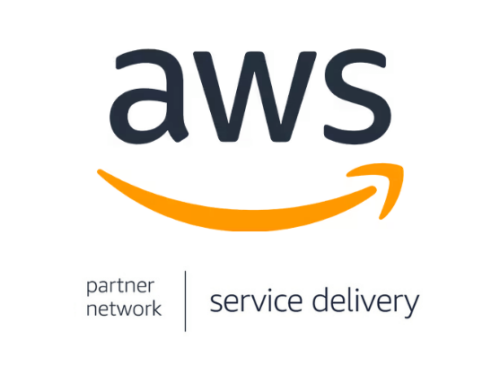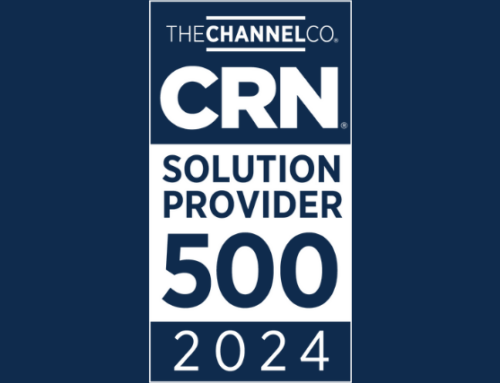Trekkies and moviegoers who saw the summer blockbuster Star Trek: Into Darkness witnessed Captain Kirk and the USS Enterprise fight an inescapable force of terror that threatened to end their organization. I won’t spoil the ending and tell you if the good Captain made it through, but if we suspend reality for a moment and look to Star Trek for a glimpse of the future, star date 2259.55 boasts flying cars and life on other planets. Whether or not that turns out to be the case, technology will continue to evolve. So what does that mean for information technology in business? What will the state of IT be in the future? Is your organization positioned to adapt with the inevitable evolution?
Things are changing—the past decade has seen astonishing advancements. As they continue, big data centers will remain a relic of the early millennium and IT will transition to the age of the shrinking server room. Some professionals are concerned about the future as data centers start to decrease in size. But despite the fearsome cries of “IT is dead,” the future of IT is bright and will remain relevant for many years to come. Yes, perhaps our traditional views in the industry are dead or dying, but like many things in this world, adapting to change is fundamental to continued success. IT will go through many more changes in the coming years. Just a decade ago, data centers were comprised of huge servers and centralized IT departments. But the size of data centers will not affect the importance of IT. The industry will not just survive, but thrive for three reasons: cloud computing, focus on core business services, and decentralized IT departments.
Look to the Cloud
Cloud computing is the future of data. Cloud has the ability to acquire non-essential workloads from data centers to free space for critical production workloads and extend the useful life of the data center. Instead of taking months to implement servers, cloud can quickly provision new services and allow employees to access data, applications, and settings in a matter of minutes. This may spell death to some systems and network administrators, but that’s not the case. As data centers are decreasing in size, technology professionals are increasing in importance as the consolidation frees them from physical infrastructure management and transitions their responsibilities to more high-level tasks that involve data management and scalability.
Strengthen Your Core
By 2018, data centers are expected to decrease in size by up to 60%. Such a change will bring more focus to core business services. John Herbert, the CIO of 20th Century Fox, sees this as an opportunity for IT to cultivate more end-to-end services. 20th Century Fox plans to combine all the steps involved in digital content delivery, such as customer digital preferences and management of customer orders. By constructing the cohesiveness of these tasks, IT will have a greater impact on the 20th Century Fox business. Instead of merely “keeping things up and running,” IT will contribute to the efficiency of the business itself. Similarly, increased application development will initiate strategies to help streamline business processes.
Branch Out
As data is pushed into clouds and solutions architects build more end-to-end services, IT departments will become more decentralized. With less infrastructure management concerns and an increased need for application deployment, the demand for data analysts and developers will become even greater. With so much data at businesses’ fingertips, companies need IT professionals to organize, curate, and generate insights that help businesses make smarter decisions. Instead of developers managing and deploying hardware and software, they will be creating cloud and web-based applications that will have a direct impact on employee productivity and business services.
So fear not, starfleet cadet. IT is not going into darkness. Our mission is to adapt to the changes and adapt quickly. Look to the cloud, strengthen your core, and branch out. Things are changing, but for the better. Live long and prosper, IT.











